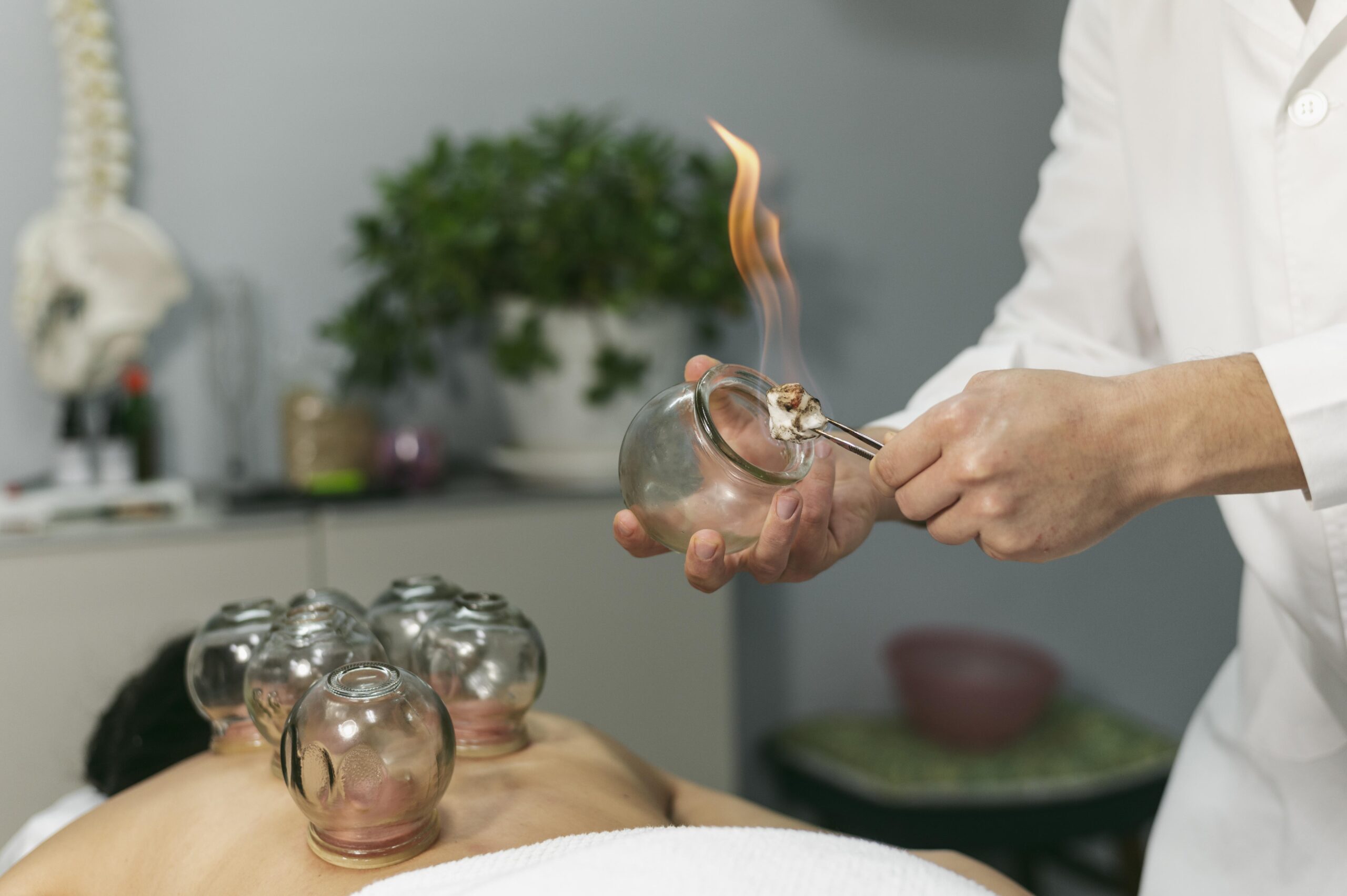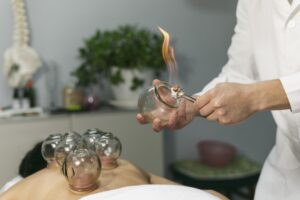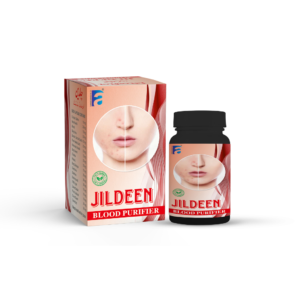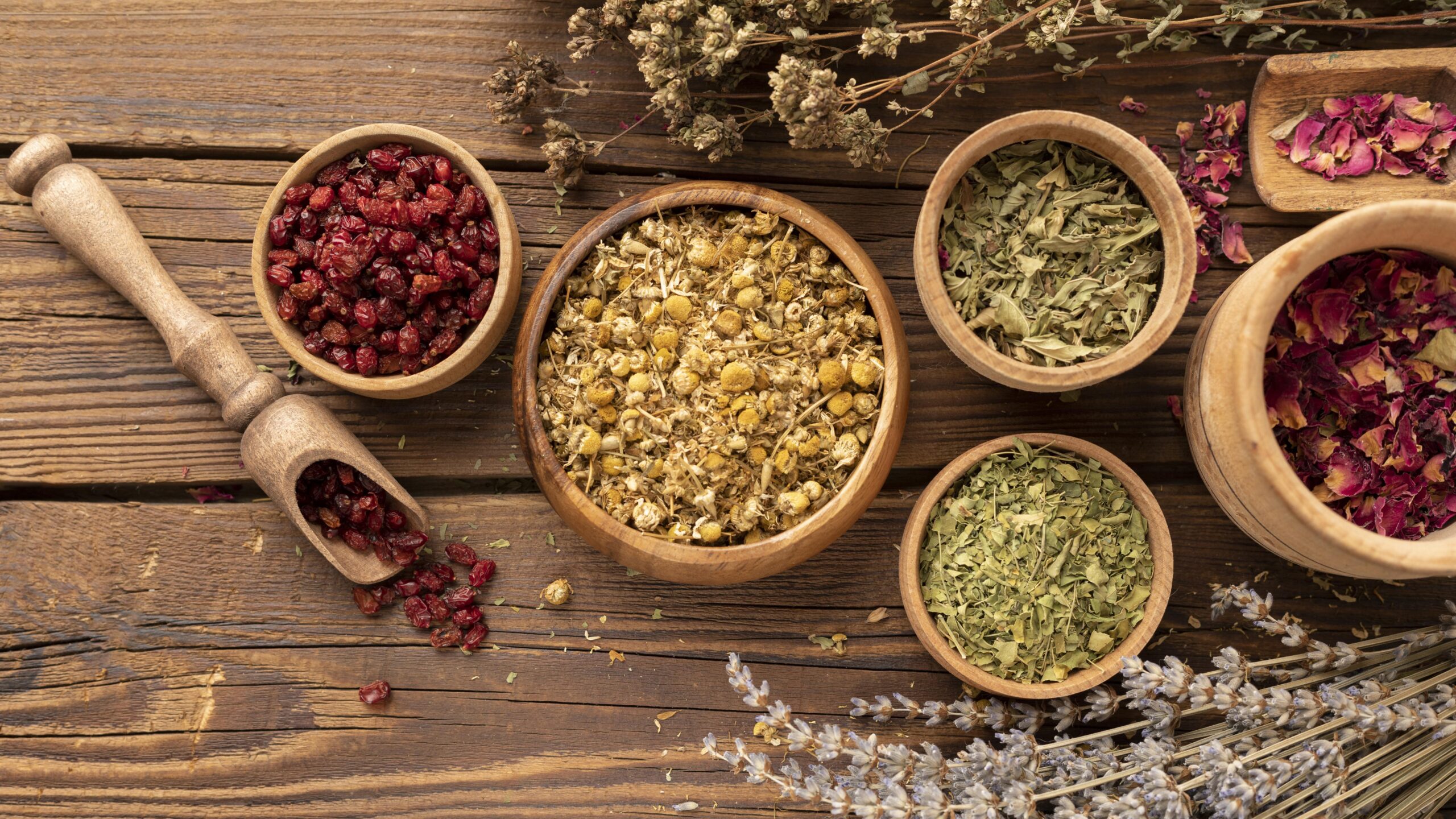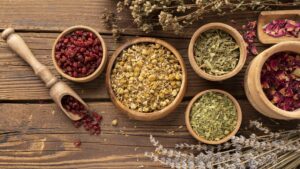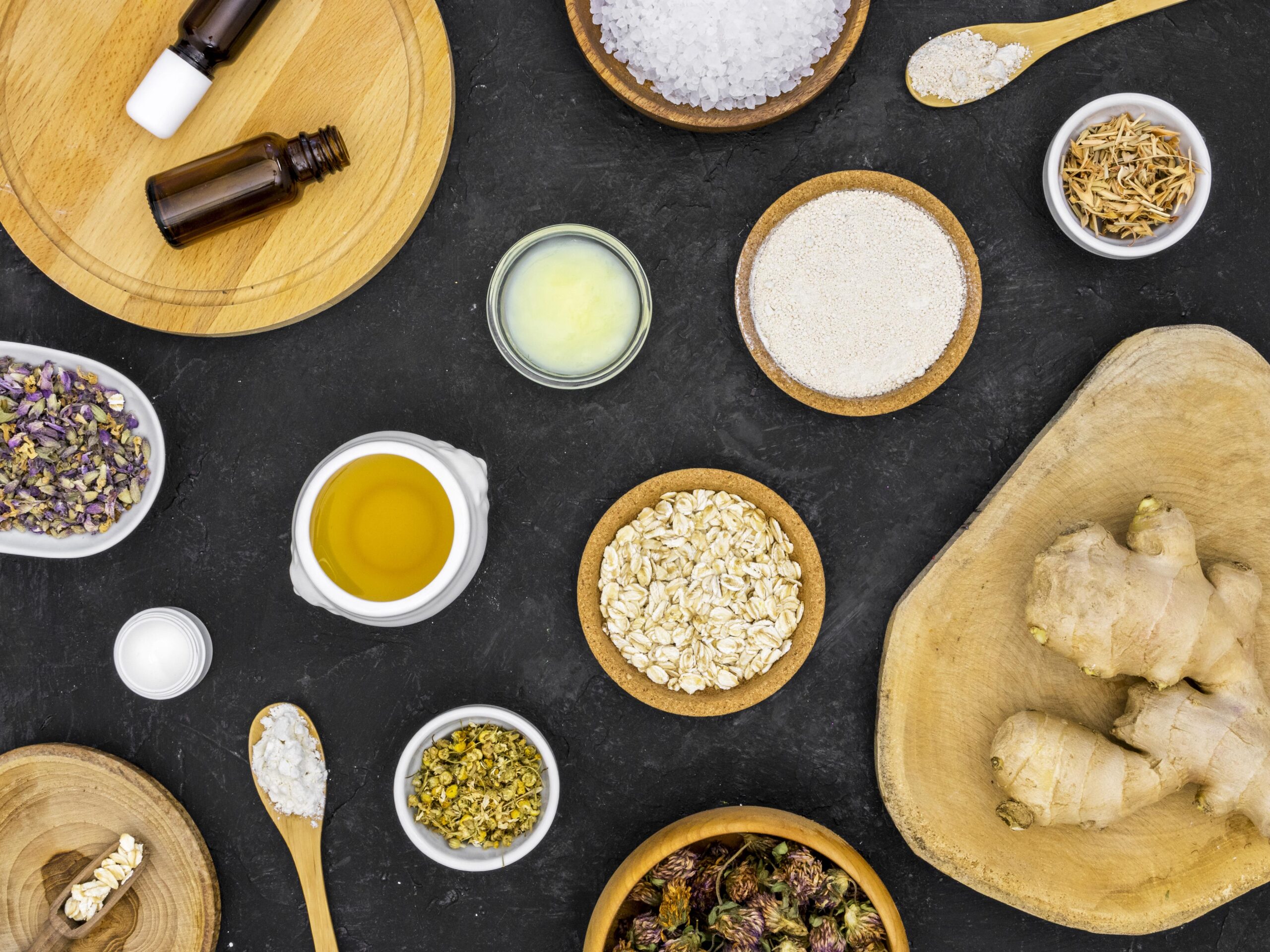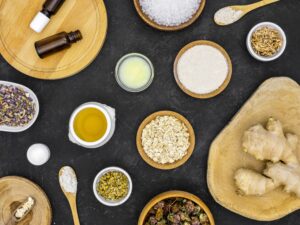Finding Calm: Herbal Remedies for Stress and Anxiety Management

INTRODUCTION:
In today’s fast-paced world, stress and anxiety have become prevalent challenges affecting millions of people worldwide. While there are various approaches to managing stress and anxiety, herbal remedies offer natural and holistic solutions that can complement traditional therapies. In this blog, we’ll explore some of the most effective herbal remedies for stress and anxiety management, backed by both traditional wisdom and modern research.
DISCLAIMER: The information provided in this blog is for educational and informational purposes only and is not intended as medical advice. The content is not intended to diagnose, treat, cure, or prevent any disease. Readers are advised to consult with a qualified healthcare professional regarding their specific health concerns and before starting any herbal remedies or health regimen. While every effort has been made to ensure the accuracy and completeness of the information presented, the author and publisher assume no responsibility for any errors or omissions. The use of herbal remedies and traditional medicine should be undertaken with caution and under the guidance of a qualified healthcare practitioner, especially for individuals with pre-existing medical conditions or those taking medications.The inclusion of specific herbs or formulations in this blog does not imply endorsement or recommendation. Individual responses to herbal remedies may vary, and it is important to consider individual health needs and sensitivities. Always read product labels and instructions carefully before use. By accessing and using this blog, readers acknowledge and agree to the terms of this disclaimer and release the author and publisher from any liability arising from the use or misuse of the information provided.
UNDERSTANDING STRESS AND ANXIETY:
Before delving into herbal remedies, let’s briefly understand stress and anxiety. Stress is the body’s natural response to perceived threats or demands, triggering a cascade of physiological reactions. While short-term stress can be beneficial, chronic stress can have detrimental effects on both physical and mental health. Anxiety, on the other hand, is a persistent feeling of worry, fear, or unease, often accompanied by physical symptoms such as rapid heartbeat, muscle tension, and restlessness. Chronic anxiety can significantly impact daily functioning and overall well-being.
HERBAL RMEDIES FOR STRESS AND ANXIETY MANAGEMENT:
Chamomile (Matricaria chamomilla):
Chamomile is renowned for its calming properties and has been used for centuries to promote relaxation and alleviate stress and anxiety. The herb contains compounds like apigenin and chamazulene, which exert anxiolytic (anti-anxiety) effects by binding to receptors in the brain. Chamomile tea is a popular and soothing way to incorporate this herb into your daily routine, especially before bedtime to promote restful sleep.
Lavender (Lavandula angustifolia):
Lavender is another well-known herb prized for its calming aroma and medicinal properties. Research suggests that inhaling lavender essential oil or using it in aromatherapy can reduce anxiety levels and promote feelings of relaxation. Additionally, lavender tea can be consumed to help ease tension and promote a sense of calm. Some studies have also shown that lavender supplements may have anxiolytic effects similar to prescription medications, making it a valuable herbal remedy for anxiety management.
Passionflower (Passiflora incarnata):
Passionflower has a long history of use in traditional medicine for its sedative and anxiolytic properties. Studies have shown that passionflower extracts can help reduce anxiety levels and improve sleep quality by increasing levels of gamma-aminobutyric acid (GABA), a neurotransmitter that promotes relaxation. Passionflower tea or supplements are commonly used to alleviate symptoms of anxiety and promote a sense of calmness without causing drowsiness or cognitive impairment.
Valerian (Valeriana officinalis):
Valerian root is a popular herbal remedy for insomnia and anxiety, thanks to its tranquilizing effects. Valerian contains compounds like valerenic acid, which act on GABA receptors in the brain to induce feelings of relaxation and calmness. While valerian supplements are commonly used to improve sleep quality, they can also help reduce symptoms of anxiety when taken during the day. However, it’s essential to note that valerian may cause drowsiness in some individuals, so it’s best to start with a low dose and monitor your response.
Holy Basil (Ocimum sanctum):
Holy basil, also known as tulsi, is revered in Ayurvedic medicine for its adaptogenic properties, helping the body adapt to stress and promote overall balance. Research suggests that holy basil can reduce cortisol levels (the stress hormone) and enhance resilience to stressors. Drinking holy basil tea or taking holy basil supplements may help alleviate symptoms of anxiety and improve mental well-being over time.
Rhodiola (Rhodiola rosea):
Rhodiola is an adaptogenic herb that has been used for centuries in traditional medicine to combat stress and fatigue. Studies have shown that rhodiola extracts can enhance stress resilience, improve mood, and reduce symptoms of anxiety and depression. Rhodiola works by modulating the body’s stress response system, helping to normalize stress hormone levels and promote a sense of calmness and well-being. Rhodiola supplements are available in various forms, including capsules, tinctures, and powders, making it convenient to incorporate into your daily routine.
Ashwagandha (Withania somnifera):
Ashwagandha is another adaptogenic herb with powerful stress-relieving properties. Research has demonstrated that ashwagandha supplementation can reduce cortisol levels, improve stress resilience, and alleviate symptoms of anxiety and depression. Ashwagandha works by supporting the adrenal glands and balancing stress hormone levels, helping the body cope better with stressors. Ashwagandha supplements are available in capsule or powder form and can be taken daily to promote relaxation and mental well-being.
Lemon Balm (Melissa officinalis):
Lemon balm is a member of the mint family known for its calming and mood-enhancing effects. Studies have shown that lemon balm can reduce anxiety levels, improve cognitive function, and promote relaxation without causing sedation. Lemon balm tea or supplements can be consumed regularly to help alleviate symptoms of anxiety and stress, making it a valuable addition to your herbal medicine cabinet.
Incorporating Herbal Remedies into Your Routine:
While herbal remedies can be effective for stress and anxiety management, it’s essential to use them judiciously and in conjunction with other healthy lifestyle practices. Here are some tips for incorporating herbal remedies into your routine:
Consult with a Healthcare Professional: Before starting any herbal supplement regimen, consult with a qualified healthcare provider, especially if you have underlying health conditions or are taking medications that may interact with herbs.
Start Slowly: When trying a new herbal remedy, start with a low dose and monitor your body’s response. Some herbs may cause side effects or interactions, particularly at higher doses.
Be Consistent: Herbal remedies often require consistent use to experience their full benefits. Incorporate them into your daily routine, whether it’s drinking herbal teas, taking supplements, or using aromatherapy.
Combine with Other Stress-Relief Practices: Herbal remedies work best when combined with other stress-relief practices such as mindfulness meditation, deep breathing exercises, regular exercise, and adequate sleep.
Listen to Your Body: Pay attention to how your body responds to herbal remedies. If you experience any adverse reactions or discomfort, discontinue use and consult with a healthcare provider.
CONCLUSION:
Stress and anxiety are common challenges that can significantly impact quality of life if left unmanaged. While conventional treatments like medication and therapy play crucial roles in addressing these issues, herbal remedies offer natural and holistic alternatives that can complement traditional approaches. By incorporating herbs like chamomile, lavender, passionflower, and others into your daily routine, you can promote relaxation, reduce anxiety levels, and support overall mental well-being. Remember to consult with a healthcare professional before starting any new herbal supplement regimen and listen to your body’s cues along the way. With the right approach, herbal remedies can be valuable tools for finding calm and managing stress and anxiety in today’s hectic world.



